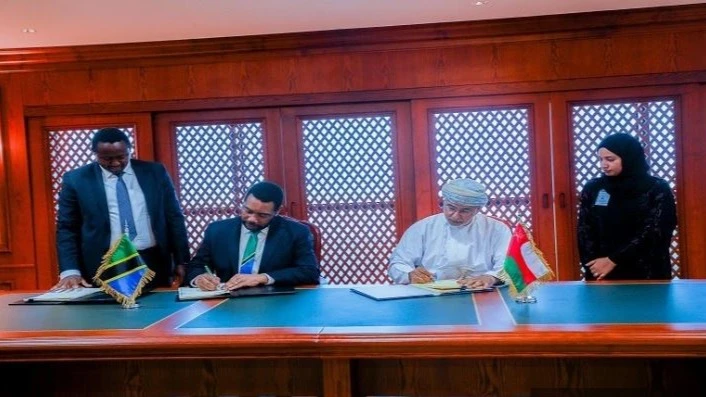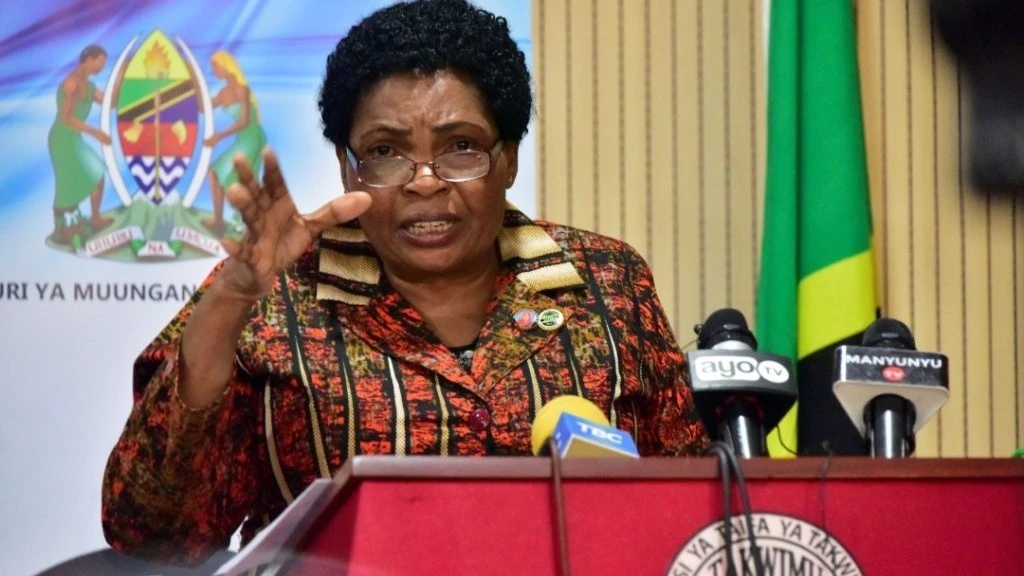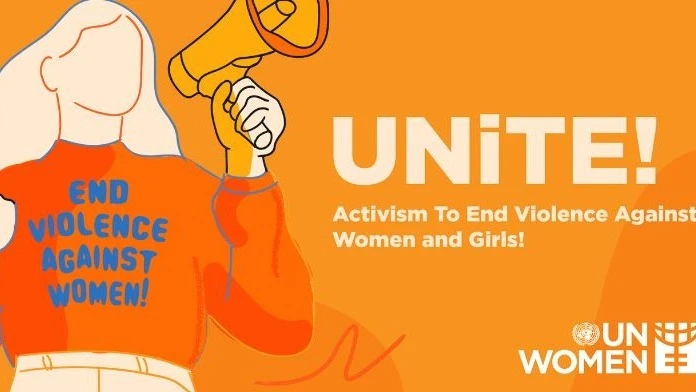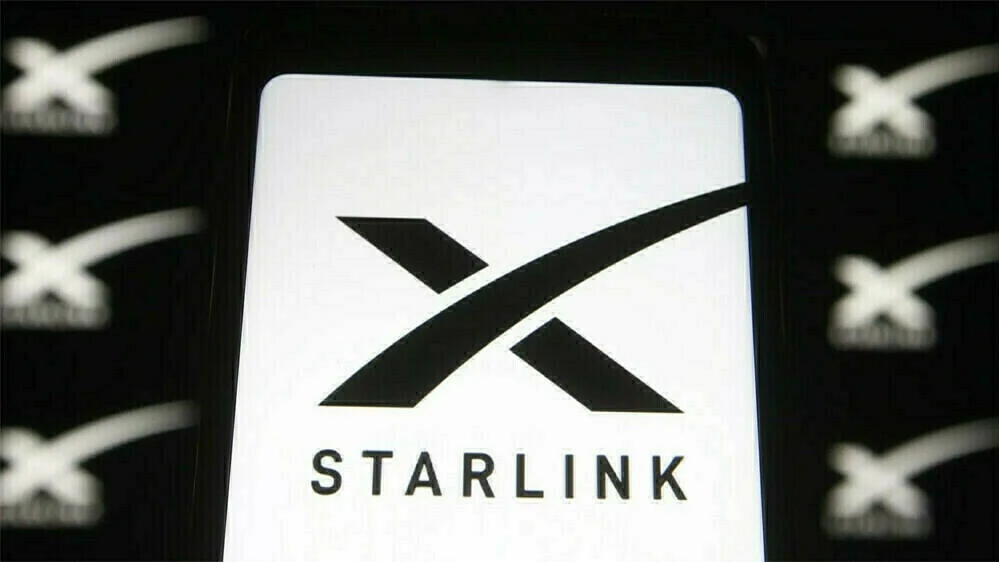CCTV cover a laudable idea for Kariakoo business but…
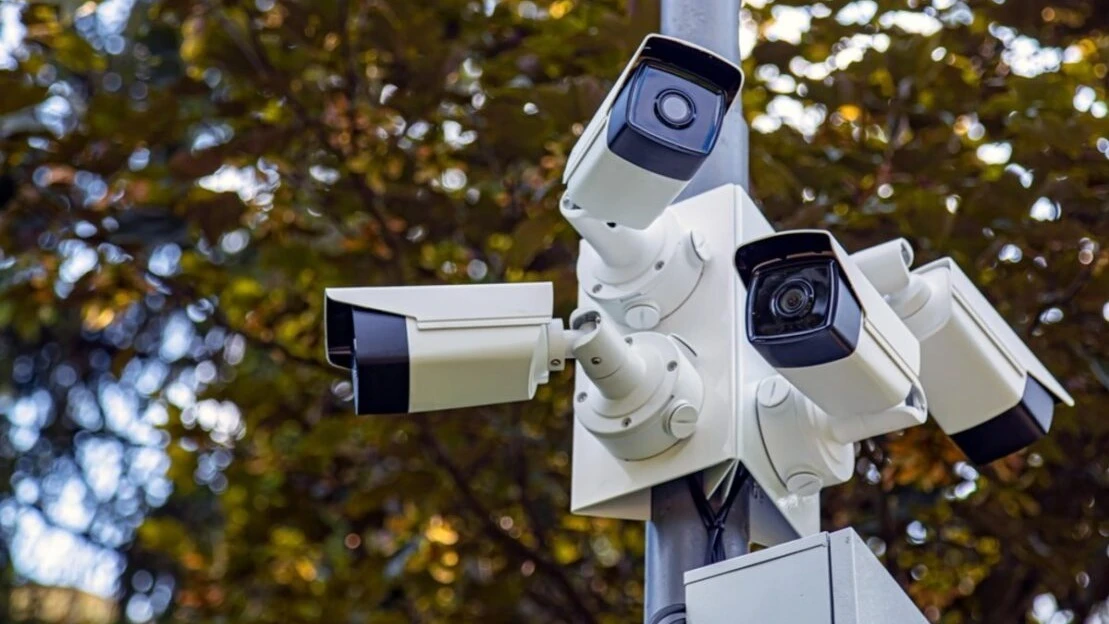
MOVES to float a tender for a contractor to install security cameras (CCTV) in downtown Dar es Salaam’s sprawling Kariakoo market zone are being linked with not just curbing crime but also facilitating round-the-clock business operations.
Authorities in Ilala District, where the zone lies, are understood to have already started working on the matter following a notice issued on Monday.
They are said to be seeking a contractor to carry out the installation work, and apparently have begun earmarking and visiting sites where the cameras are to be installed.
It is not clear as yet how rapidly the selection of contractors will be conducted, as the listing of those who can apply or place bids is reportedly fairly long.
Those eligible range from public institutions or agencies, Tanzanian and foreign companies, special interest groups, Tanzanian manufacturers, joint ventures, foreign manufacturers and partnerships based on those groups.
Things would run one way if tendering or procurement regulations permitted prior selection of the sort of firms eligible to apply, thereafter ensuring fair play in that context.
But it could also be a different issue likely to be handled administratively, when the bids received are comparable.
Affirmations that the government has allocated funds for the project in Dar es Salam city’s 2024/2025 budget estimates was sort of captivating. This is considering that it would be in line with a directive by President Samia Suluhu Hassan that businesses be facilitated to operate on a non-stop basis.
Not much was done in the five months of the new financial year while the tendering, alongside the citing of where cameras can be installed, is being taken up on a note of urgency in a sense.
That too will likely have an administrative explanation, particularly if there was a wish to finish with the civic polls first.
That there would be cameras in some places is a relative improvement to security, as muggings aren’t prevented merely by light. It is also relevant that there is someone around whom potential criminals will worry about for fear that he might identify them.
With dimly lit streets or when the concentration of those unlikely to recognise muggers is minimal, or the thugs know they are surrounded by look-alikes who will pretend to go after them while actually the idea is to shield them, crime can continue virtually unabated. At times this has taken place right next to a police post, but one must go and complain if serious follow-up action is to be taken.
In addition, it isn’t just relative security assurance that makes businesses run for non-stop but real need. And here experience shows that entertainment joints have some chance of attending to ‘patrons’ well into the late hours.
Most people are not neutral as to what time they sleep or wake up, in which case the reasons for some businesses to stay open well into the night aren’t quite apparent.
Visiting the business zone during day hours and especially late afternoon shows that most people battle to get their purchases done with relatively early, just that.
The wish to make Kariakoo business district a non-stop operational zone seems to be tied up with the idea that it is taking a regional profile where people from all sorts of areas shop.
That is altogether true but it doesn’t change the business model as ‘rival’ centres are being opened elsewhere, including Ubungo, where some traders at Kariakoo see it is an inordinate challenge.
Much of the business is wholesale, while it is the open-air market at Congo Street in Kariakoo proper and Karume Stadium at the far end of the zone that are filled by retailers. They host large numbers of people looking for bargains, but not really around the clock.
Top Headlines
© 2024 IPPMEDIA.COM. ALL RIGHTS RESERVED






